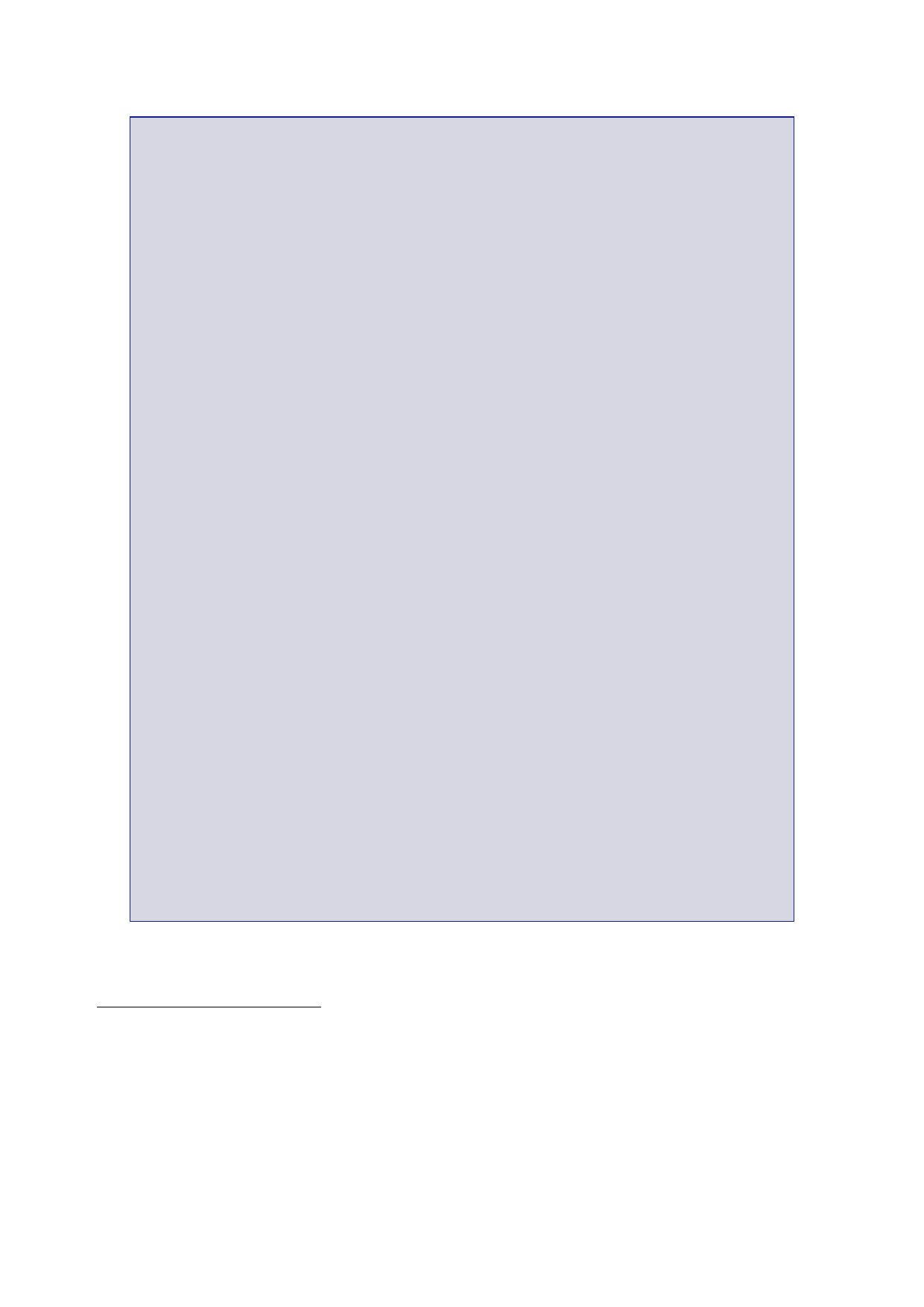
9.2 | 23
May 2003 to June 2004
In late
April, allegations of abuse by Coalition soldiers in Abu Ghraib
prison became public.
The
Coalition, including the UK military, had been aware of the
existence of these
allegations
earlier in the year; on 16 January General Sanchez issued a
statement saying
that he had
ordered an investigation into abuse at an unnamed Coalition
facility.535
Maj Gen
Stewart told the Inquiry that he had been aware of the allegations
from
Charges
were brought against six US soldiers in March 2004, but the details
of the story
did not
become public until late April, when the US television
programme 60 Minutes
II
ran a story
documenting the abuses and showing some of the pictures taken by
the
Maj Gen
Stewart was one of several witnesses who told the
Inquiry that the pictures of
Abu Ghraib
had had a “significant effect” on MND(SE), where the public began
turning
against
Coalition Forces.538
Allegations
of abuse of Iraqi detainees by British Service Personnel also began
to emerge
in early
2004. Almost immediately following the Abu Ghraib revelations, on 1
May the
Daily
Mirror published
photographs which appeared to show UK troops torturing an
Iraqi
detainee.539
It was
later established that those photographs were fake.
The
photographs and accounts of events at Abu Ghraib generated a wave
of
“shock and
anger” across the world, along with repeated calls for the
resignation of
In a
telephone conversation with Mr Straw on 30 April, Secretary
Powell said that he had:
“… taken
Condi and Andy Card aside and said that there was nothing in the
world of
public
diplomacy which could conceivably offset the unbelievable damage
done by
these
images to the US cause, the reputation of its armed forces, and its
standing in
the Arab
world and beyond.”541
In Iraq, a
poll by the Independent Institute for Administration and Civil
Society Studies
in May 2004
found that confidence in Coalition Forces had dropped to 10
percent, from
28 percent
in January 2004. Some 55 percent of those polled said they would
feel more
safe if
Coalition Forces left immediately; 54 percent said that they
believed all Americans
behaved in
the same way as the abusers at Abu Ghraib.542
535
BBC
News, 16
January 2004, Iraq jail
abuse probe launched.
536
Public
hearing, 9 December 2009, pages 72-73.
537
Sanchez RS
& Phillips DT. Wiser in
Battle: A Soldier’s Story. HarperCollins,
2008.
538
Public
hearing, 9 December 2009, page 72.
539
BBC
News, 14 May
2003, Editor
sacked over ‘hoax’ photos.
540
BBC
News, 15 June
2004, Iraq abuse
‘ordered from the top’.
541
Letter
Straw to Sheinwald, 1 May 2004, ‘Conversation with the US Secretary
of State – 30 April 2004’.
542
Independent
Institute for Administration and Civil Society Studies, 15 June
2004, ‘Public Opinion in Iraq:
First Poll
Following Abu Ghraib Revelations’.
365
